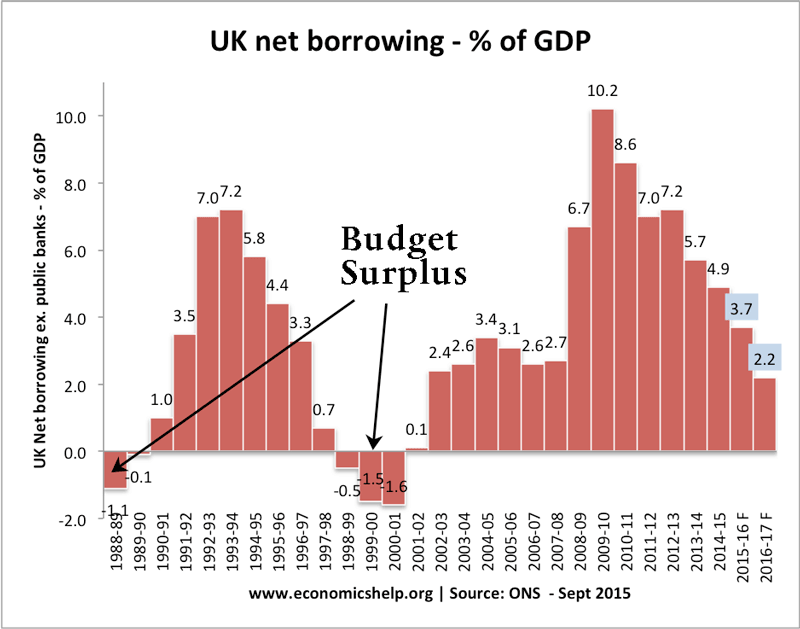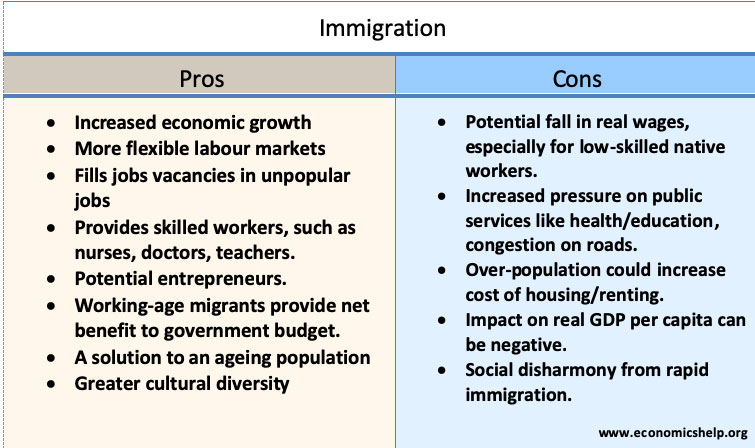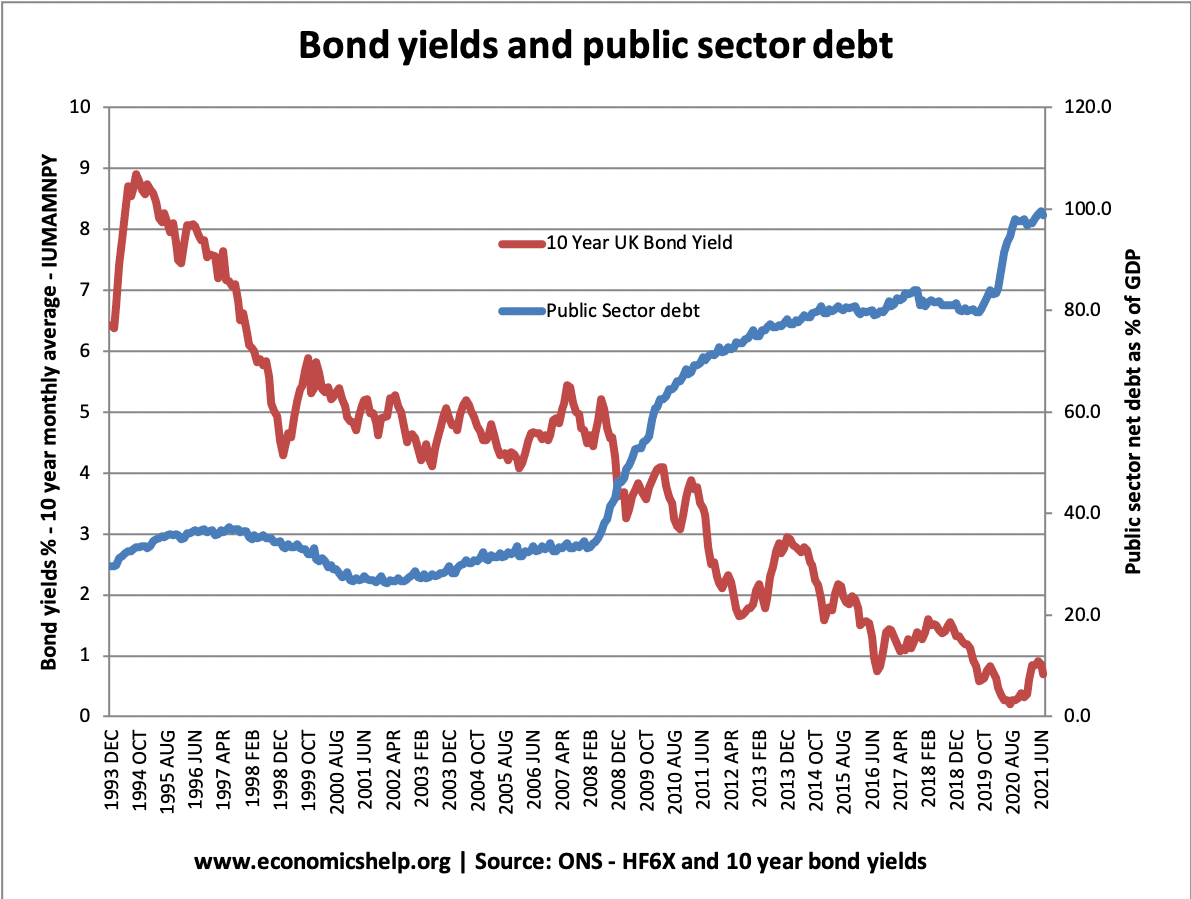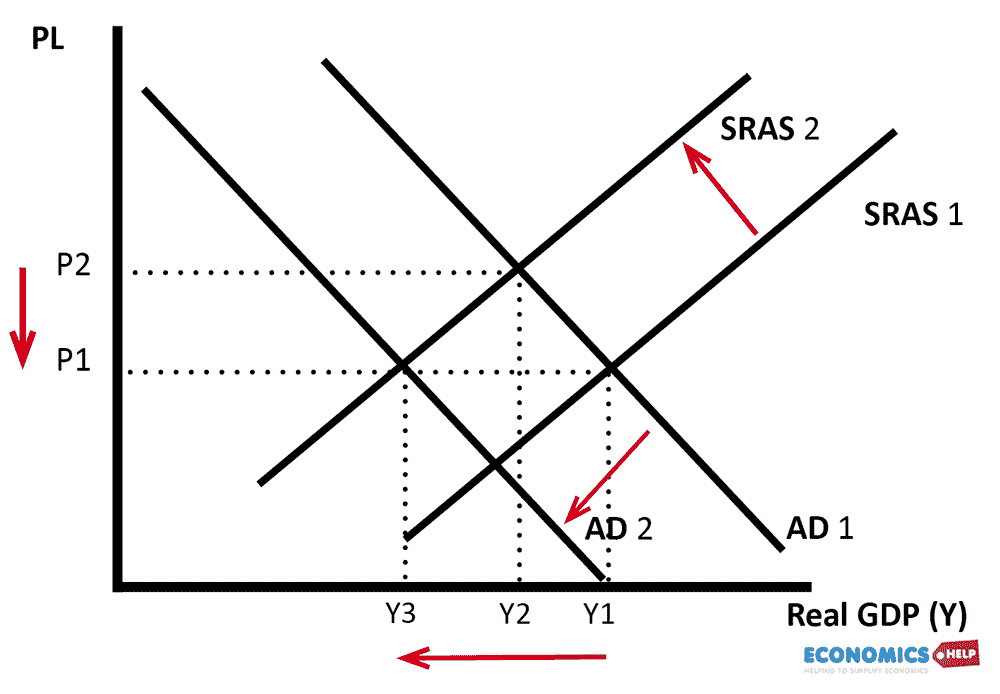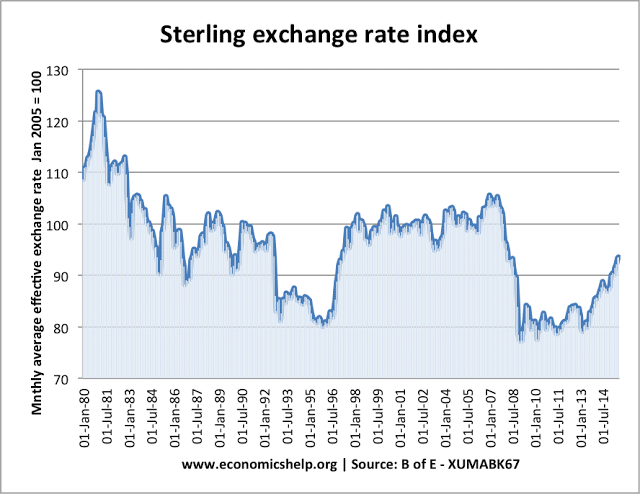Policies to reduce a budget deficit
A look at different methods to reduce budget deficits. In summary, the three main policies are: Cut government spending Increase tax Achieve faster economic growth. A budget deficit occurs when a government spending is greater than tax revenues. This leads to an accumulation of public sector debt. If the deficits are unsustainable, this can cause …

